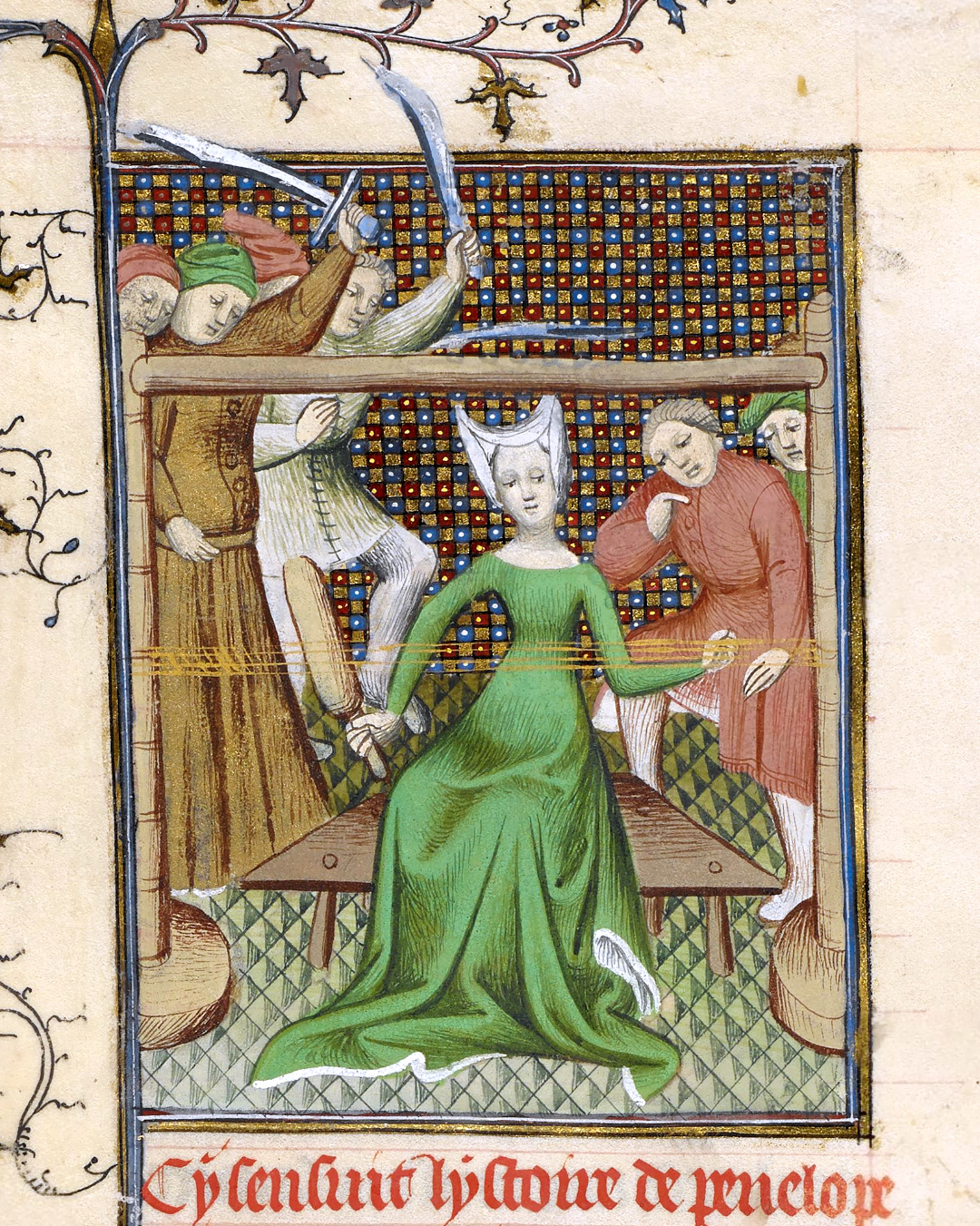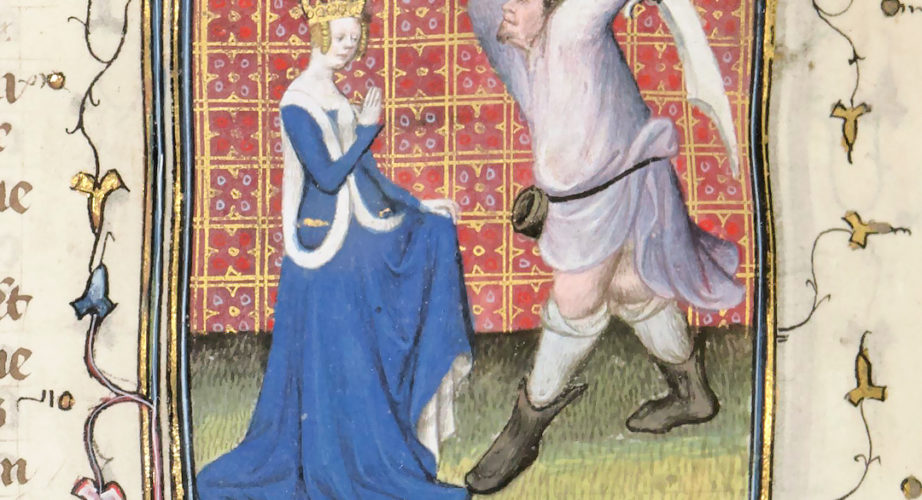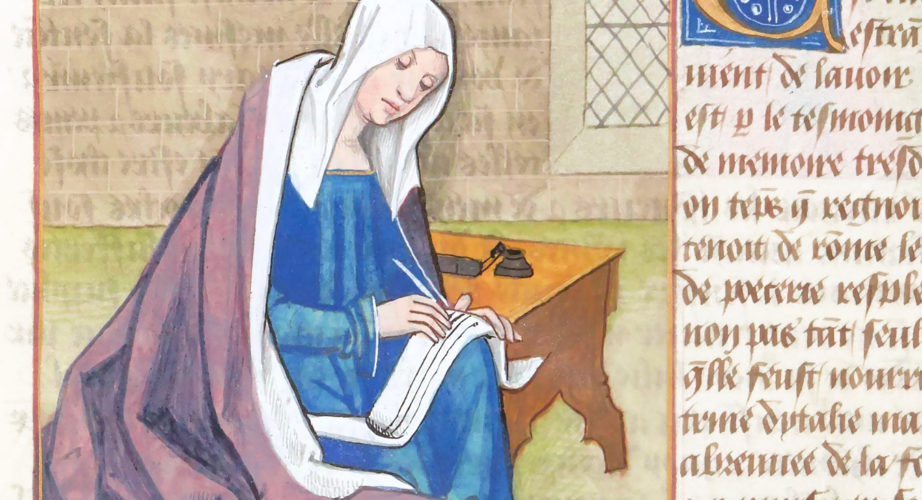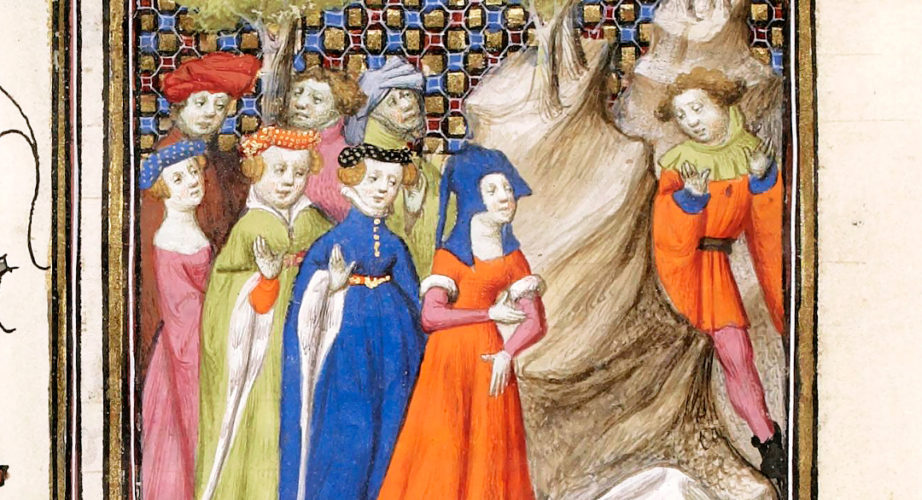Penelope

Continuing with the women from Homer's epics, this week's Mulier Clara is no one but Penelope: Odysseus' wife, Queen of Ithaca, and cousin of Helen of Troy.
Penelope is most famous for her fidelity to her husband during his absence, which lasted for a total of twenty years: the ten years of the Trojan War, in fact, were followed by a troubled homecoming, as narrated in the Odyssey, that took him another ten eventful years. During all this time, Penelope was constantly beset by a number of suitors who, trying to convince her Odysseus was in fact dead, aimed at marrying her and thus ascending to the throne of Ithaca. Penelope, however, was never doubtful her husband would eventually return; she then devised a plan to decoy her suitors and buy herself as much time as possible. She promised them she would yield and choose a partner among them, but told them she had to finish weaving a shroud fist: until then, they would have had to wait. The woman thus spent many days weaving, letting them watch; every night, however, she would cunningly undo part of the shroud. This trick allowed Penelope to stall her suitors for three years. When the suitors found out, it was almost too late: Odysseus soon returned to Ithaca and, after re-entering his house thanks to a disguise, proceeded to slay them all with the help of his son Telemachus.
Penelope, managing to remain faithful to her husband despite all odds thanks to both grace and brains, was thus seen as the ideal woman in both Greek and Roman tradition, eventually leading to her role as the representation of a chaste wife up to the Middle Ages and the Renaissance.
“Penelope”, illumination from the manuscript “Des cleres et nobles femmes”, ms. Royal 20 C V, f. 61v, 1st quarter of the 15th century, British Library, London.
Historically and mythologically speaking, being in a powerful position (and perhaps also a…
The time has finally come for the very first Women’s Wednesday of 2021!…
Welcome back to another Women’s Wednesday! Our weekly Mulier Clara, much like Sappho…


